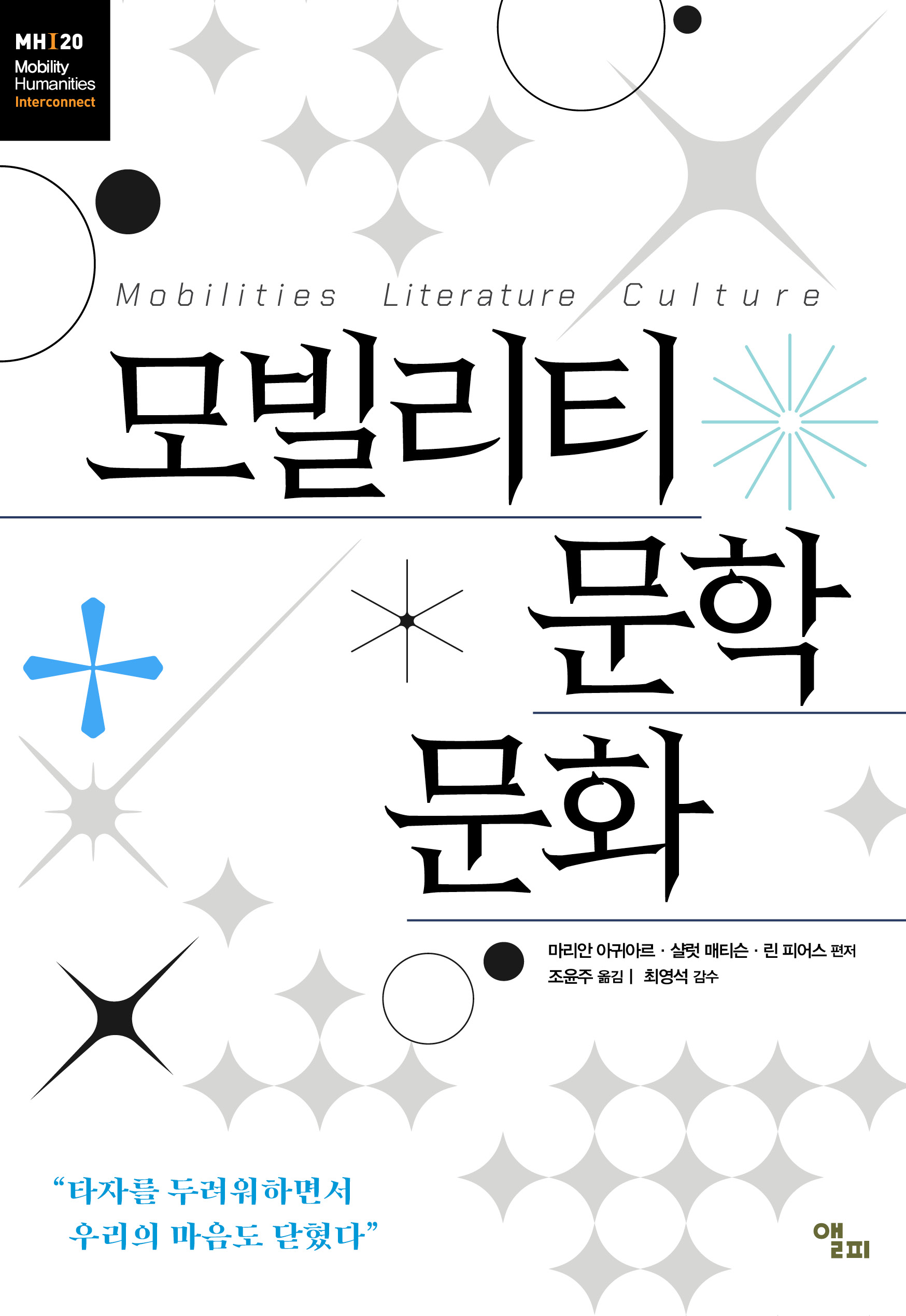The Complete Convergence of Mobility and Literature
Review
“A collection of writings at the apex of mobility studies, literature and an accelerating humanities-turn. Each essay is a gem, embarking on reflective, deep, critical, subtle, global-yet still intimate-creative and perceptive exploration of mobility. The collection deals with narratives, narrations and poetic expressions around mobile subjects, objects and technologies which are made somehow so lively, fleshy, corporeal, sympathetic and susceptible.” -Peter Adey, Professor of Human Geography, Royal Holloway University of London
An Archive Encompassing All Forms of Mobility Representation and Embodiment
This is the first book to combine mobility research with literature, looking at commuter trains in the African Republic, city running in Singapore, Mediterranean refugees, and migrant workers in the Gulf region. Rather than creating a new field of mobility research, the book aims to explore how different ways of thinking can come together, developing a critical genealogy of mobility under a humanities (especially literary) perspective and showing the rich possibilities of research across various academic fields. The book demonstrates how careful text analysis can highlight the value of different sources in the context of mobility studies, crossing traditional academic boundaries.
Consciousness and Unconsciousness, Memory and Future… The Impact of Mobility
It is beneficial for all of us to recognise how mobility is intertwined everywhere in daily life, encompassing both humans and non-humans, and to understand how one change can lead to another. Literary and historical texts have recorded these complex interactions for hundreds of years, revealing how human subjects physically experienced mobility changes in the past, and how mobility has influenced our consciousness and unconsciousness, as well as fantasies about memory and the future. At a time when there is such an urgent political necessity to discuss critical issues like migration, exile, travel, sustainable transportation, cultural heritage, and environmental protection, this book aims to contribute to interdisciplinary dialogue.


